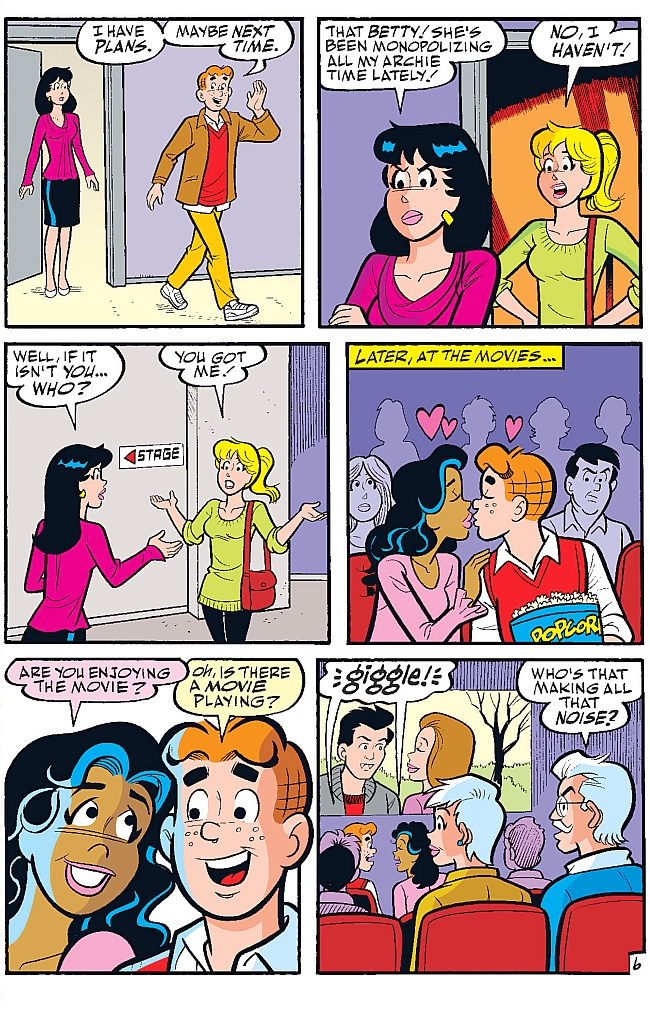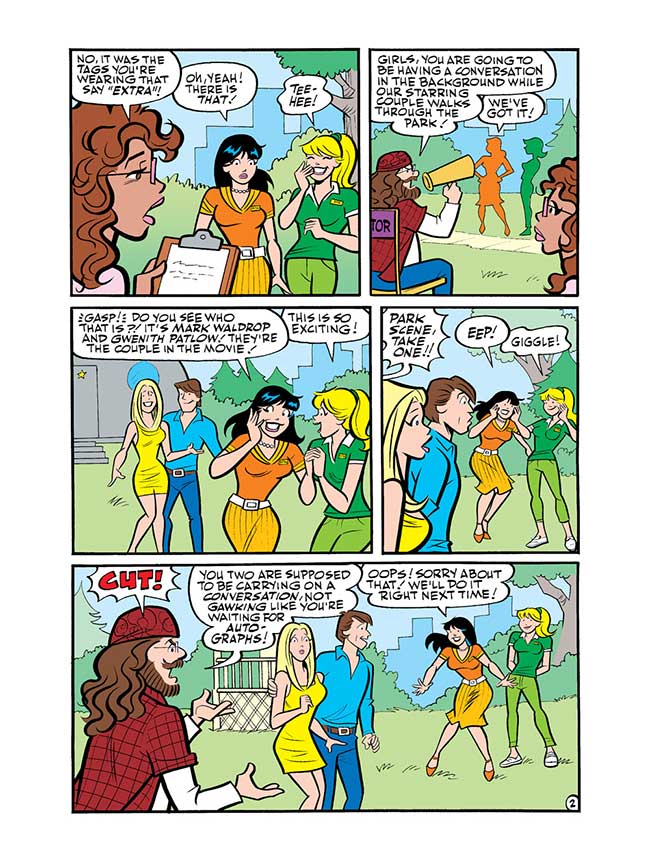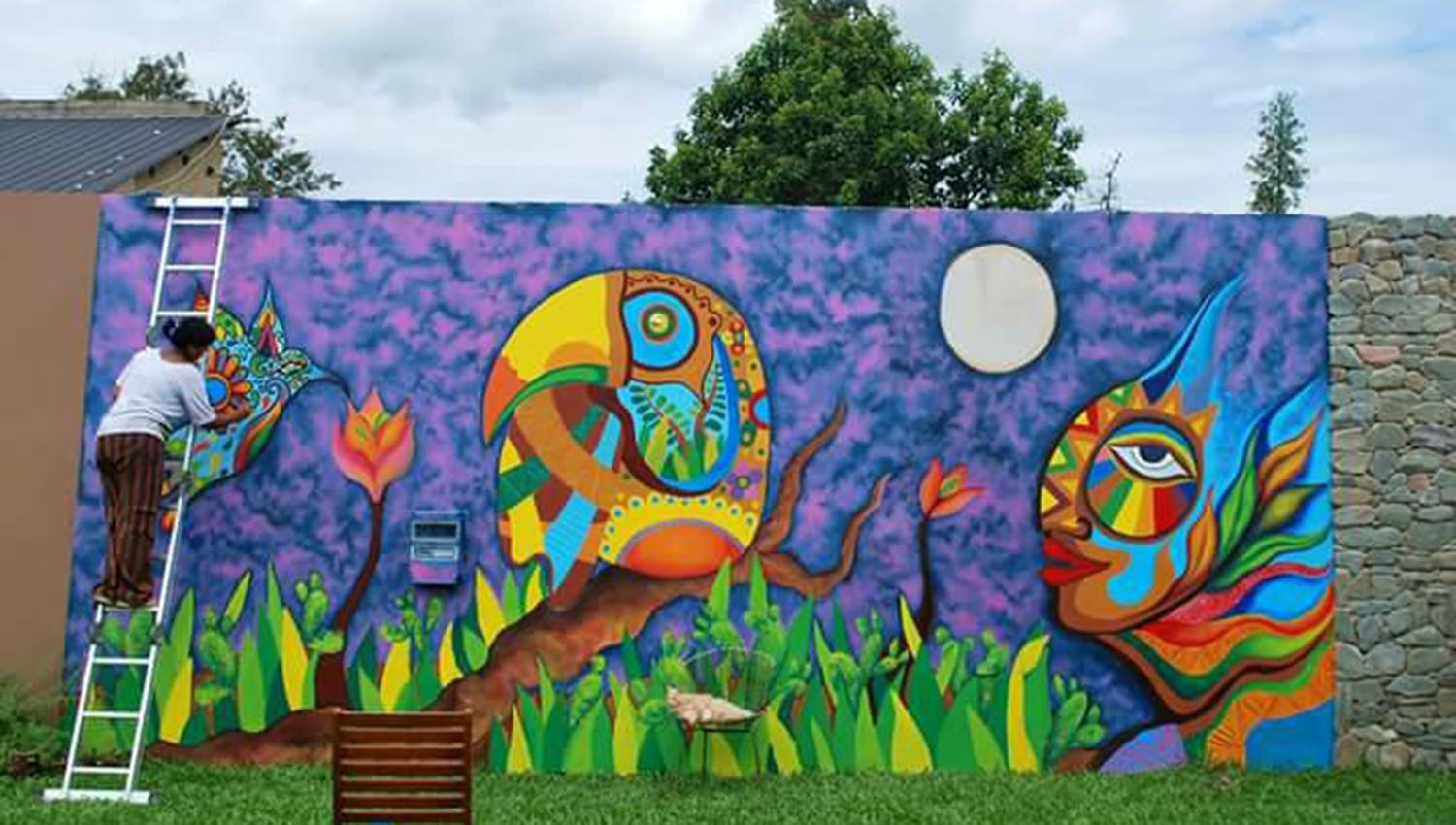UNIDAD EDUCATIVA FISCOMISIONAL PCEI DE PICHINCHA.
CENTRO DE APOYO TUTORIAL: __________________________________
NAME: _________________________________ THEME: EVALUATION FIRST PARTIAL.
ENGLISH BLOG. LEVEL EIGHTH (8th). CAT: PVM-UNO (02-03 June 2018)
* Complete la información con la profesión y la nacionalidad de estos personajes.
(Actress - Paris / Soccer player - Argentina / Computer scientist - New York)
1.- Lionel Messi is a _______________ He is from _______________
2.- Mark Zuckerberg is a _______________ He is from ________________
3.- Emma Watson is an ________________ She is from ________________
* Marque el literal de la izquierda en el espacio de la derecha según corresponda.
Column A Column B
a.- Countrry _______ America
b.- Age _______ Ecuadorian
c.- City _______ 12 years old
d.- Continent _______ Guayaquil
e.- Nationality _______ Brazil
* Seleccione la respuesta correcta (to be: am-is-are / pronombres y posesivos).
a.- This is Mary. She _______ American
1. is ( ) 2. are ( ) 3. am ( )
b.- Hi, I ______ Ecuadorian
1. is ( ) 2. are ( ) 3. am ( )
c.- Hello, you ______ Nancy, right.
1. is ( ) 2. are ( ) 3. am ( )
d.- This is Edison. _______ is from British.
1. She ( ) 2. It ( ) 3. He ( )
e.- I am from Quito. _______ is the capital of Ecuador.
1. She 2. It ( ) 3. He ( )
f.- What ______ your name?
1. is ( ) 2. are ( ) 3. am ( )
* Escriba en inglés los números de las siguientes operaciones.
1.- (9) _______________ + (4) _______________ = (13) ______________________
2.- (12) ________________ + (8) _____________ = (20) ______________________
UNIDAD EDUCATIVA FISCOMISIONAL PCEI DE PICHINCHA.
CENTRO DE APOYO TUTORIAL: __________________________________
NAME: _________________________________ THEME: EVALUATION FIRST PARTIAL.
ENGLISH BLOG. LEVEL NINTH (9th). CAT: PVM-UNO (02-03 June 2018)
* Reemplace el Pronombre Personal por el respectivo Adjetivo Posesivo.
1.- Where are (I) ________ English books?
2.- She lives in Quito with ______ family.
3.- (She) _______ father works in Pedro V. Maldonado.
4.- (He) _______ company builds bridges.
5.- (They) ________ children go to school very early.
6.- (We) __________ family is very big.
* Con los verbos del paréntesis complete las oraciones según corresponda.
(Have, cook, play, ride, go, surf, work, talk, read)
1.- They _________________ with a ball
2.- He ________________ on the phone
3.- She ________________ the newspaper
4.- You _______________ on Internet
5.- We ______________ dinner early.
* Complete las siguientes oraciones, usando (Do - does).
1.- ________ you wake up early each day?
2.- She ______________ (not) have brothers.
3.- What _________ they do on weekends?
4.- ________ your mother buy fruits in the Mall?
5.- I _____________ (not) play guitar verry well.
* Use correctamente los verbos del paréntesis en oraciones del singular.
1.- She ____________ (take) the bus at 6:30 am.
2.- My sisters ____________ (cut) the tomatoes.
3.- Mr. García _____________ (teach) English for many years
4.- Mary and Paul _____________ (spend) a lot of money.
5.- Stella ___________ money to help a medical brigade.
UNIDAD EDUCATIVA FISCOMISIONAL PCEI DE PICHINCHA.
CENTRO DE APOYO TUTORIAL: __________________________________
NAME: _________________________________ THEME: EVALUATION FIRST PARTIAL.
ENGLISH BLOG. LEVEL TENTH (10th). CAT: PVM-UNO (02-03 June 2018)
*Complete las siguientes preguntas con la respectiva QW palabra, use del paréntesis.
(When, What, Where, Who)
1.- ____________ are you from? I am from Ecuador.
2.- ____________ is your birthday? It is on February.
3.- ____________ is your english teacher. He´s Mr. Garcia.
4.- ____________ is your last name? My last name is ______________
* Escriba nuevamente la oración con el adverbio respectivo.
1.- My mother helps to others people (always)
____________________________________________________________
2.- He listens to the radio in the morning (often)
____________________________________________________________
3.- Thomas is very friendly (usually)
____________________________________________________________
4.- They are reading a book (sometimes)
____________________________________________________________
* En las siguientes oraciones los verbos del paréntesis cambie al tiempo pasado.
1.- They _____________ (play) with a small ball.
2.- Maria _____________ (brush) her beautiful hair.
3.- Peter _____________ (drink) cold lemonade.
4.- I _____________ (write) some letters for Laura.
* Conteste con Yes/No a las siguientes peguntas, respuestas cortas.
1.- Do you study english in Quito? Yes,_______________ No, _________________
2.- Does Mary paint her new house? Yes, ______________ No, _________________
3. Did they enjoy the movie? Yes, _______________ No, _________________
4.- Are the boys in the classroom? Yes, _______________ No, _________________
UNIDAD EDUCATIVA FISCOMISIONAL PCEI DE PICHINCHA.
CENTRO DE APOYO TUTORIAL: __________________________________
NAME: _________________________________ THEME: EVALUATION FIRST PARTIAL.
ENGLISH BLOG. LEVEL FIRST BGU (1st bgu). CAT: PVM-UNO (02-03 June 2018)
* Seleccione la respuesta correcta.
1.- Which planet is closer to the sun?
a.- Jupiter b.- Neptune c. Venus
2.- Which country is the largest?
a.- Canda b. Russia c.- Brazil
3.- Which ocean is the deepest?
a.- The Atlantic b.- The Artic c.- The Pacific
4.- Which is the highest mountain in America?
a.- Everest b.- Aconcagua c.- Chimborazo
* Use los verbos del paréntesis y escribalos en pasado.
1.- You ____________ (arrive) to England last week.
2.- My sister ____________ (study) English in New York
3.- We _____________ (finish) the English exam
4.- Tom _____________ (invite) us to his birthday party
* En las siguientes oraciones, usando los verbos del paréntesis forme el presente progresivo, con el verbo to be y la terminación ING.
1.- I ________________ (play) with my friends.
2.- They ________________ (read) the newspaper.
3.- She _________________ (finish) her new project.
4.- Carlos __________________ (swim) in the swimming pool.
* Las siguientes oraciones cambie al tiempo y la forma solicitada. Use (Do-does / did)
1.- I always study hard for exams.
(Negative Present) __________________________________________________
2.- You usually speak with your children
(Interrogative Present) _______________________________________________ ?
3.- Jhon always turn off the lights.
(Negative Past) _____________________________________________________
4.- Why don´t you ever go on vacations?
__________________________________________________________________
UNIDAD EDUCATIVA FISCOMISIONAL PCEI DE PICHINCHA.
CENTRO DE APOYO TUTORIAL: __________________________________
NOMBRE: ________________________________ TEMA: EVALUACIÓN 1er PARCIAL.
EDUCACIÓN C. ARTÍSTICA. NIVEL PRIMERO BGU. CAT: PVM-UNO (02-03 Junio 2018)
Seleccione la alternativa correcta.
1.- Concepto que se refiere a las proporciones perfectas o ideales del cuerpo humano.
( ) A: Canon ( ) B: Simetría ( ) C: Eje ( ) D: Proporción áurea
2.- Relacione el artista con su obra o característica.
Artista Obra/característica
1. Ghilberti a. autorretrato como proyección y promoción
2. Durero b. autorretrato de firma
3. Van Gogh c. autorretrato como autoestudio
4. Rembrandt d. Catarsis
3.- Movimiento artístico de carácter indigenista que propone la producción de obras monumentales, retratando su realidad e historia.
( ) A: Cubismo ( ) B: Expresionismo ( ) C: Muralismo ( ) D: Impresionismo
4.- Conceptualice los siguientes términos referidos a los elementos de la fotografía.
a. Composición: ________________________________________________________________
____________________________________________________________________________
b. Encuadre: ___________________________________________________________________
____________________________________________________________________________
c. Profundidad: _________________________________________________________________
____________________________________________________________________________
5.- Responda en forma clara y sintética las siguientes preguntas.
a.- ¿Qué es la textura en la fotografía, y cómo mejorarla?
____________________________________________________________________________
____________________________________________________________________________
b.- ¿Cuáles son las recomendaciones para hacer una buena selfie?
____________________________________________________________________________
____________________________________________________________________________
UNIDAD EDUCATIVA FISCOMISIONAL PCEI DE PICHINCHA.
CENTRO DE APOYO TUTORIAL: __________________________________
NAME: __________________________________ THEME: EVALUATION FIRST PARTIAL.
ENGLISH BLOG. LEVEL SECOND BGU (2nd bgu). CAT: PVM-UNO (02-03 June 2018)
* Busque en Internet con el nombre de CÓMICS IN ENGLISH, luego ingrese a imágenes y seleccione cual quiere presentar (individual) y representar en el salón en parejas o según el número de participantes del mismo. Ejemplo. (Nota esta no deben presentar busque otra, hay 4 personajes)
 Puede representar este.
Puede representar este.
UNIDAD EDUCATIVA FISCOMISIONAL PCEI DE PICHINCHA.
CENTRO DE APOYO TUTORIAL: __________________________________
NOMBRE: ________________________________ TEMA: EVALUACIÓN 1er PARCIAL.
EDUCACIÓN C. ARTÍSTICA. NIVEL SEGUNDO BGU. CAT: PVM-UNO (02-03 Junio 2018)
1.- Diseñe un afiche con el tema "Latinoamérica soy yo".
 Solo es un ejemplo, usted debe elegir uno y hacerlo.
Solo es un ejemplo, usted debe elegir uno y hacerlo.2.- Qué elementos comunes tienen los países de Latinoamérica.
https://es.wikipedia.org/wiki/Cultura_de_América_Latina
cromolitografiar › Arte y Cultura
3.- Cuál de estos elementos comunes, pueden representarse gráficamente en forma objetiva?
UNIDAD EDUCATIVA FISCOMISIONAL PCEI DE PICHINCHA.
CENTRO DE APOYO TUTORIAL: __________________________________
NAME: __________________________________ THEME: EVALUATION FIRST PARTIAL.
ENGLISH BLOG. LEVEL THIRD BGU (3rd bgu). CAT: PVM-UNO (02-03 June 2018)
* Busque en Internet con el nombre de CÓMICS IN ENGLISH, luego ingrese a imágenes y seleccione cual quiere presentar (individual) y representar en el salón en parejas o según el número de participantes del mismo. Ejemplo. (Nota esta no deben presentar busque otra, hay 5 personajes)


 Cualquiera de las tres represente o busque otros, si tiene el libro el cómics que está en el mismo, según la agenda.
Cualquiera de las tres represente o busque otros, si tiene el libro el cómics que está en el mismo, según la agenda.
UNIDAD EDUCATIVA FISCOMISIONAL PCEI DE PICHINCHA.
CENTRO DE APOYO TUTORIAL: __________________________________
NOMBRE: ________________________________ TEMA: EVALUACIÓN 1er PARCIAL.
FORMACIÓN HUMANA. NIVEL TERCERO BGU. CAT: PVM-UNO (02-03 Junio 2018)
* En la hoja que presentará para la prueba, dibuje una imagen de Mons. Leónidas Proaño. Luego debajo de esta realice la siguiente tarea.
1.- Escriba la fecha de nacimiento y muerte de MLP. Quienes fueron sus padres y en que lugar nació.
2.- Cuál fue su verdadera vocación y a quienes ayudó?
3.- Mencione una o dos frases pronunciadas por Mons. LP.
4.- Qué nos queda de Mons. Leónidas Proaño? ¿Qué va a quedar de mí, de mi paso por los caminos de la Patria y de la Iglesia?
5.- Cuáles fueron las obras más relevantes que creó MLP?
By: Wellington E. García E
wege//cat:pvm-uno/englishblog/to/02-03/june/2018

